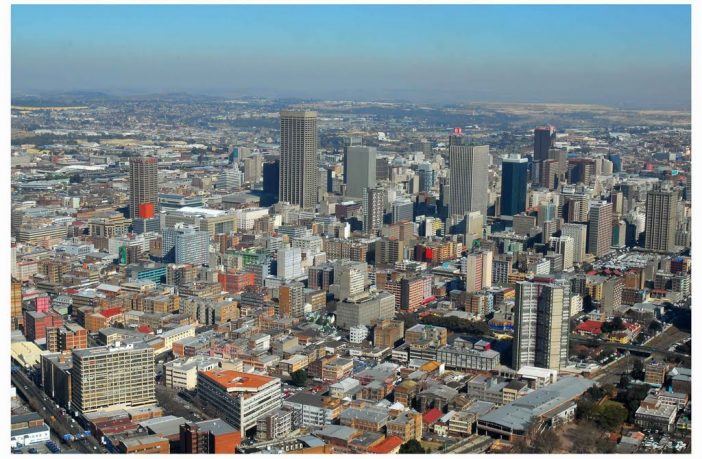- Environmental justice groups urge government to ensure rules and implementation to clean up air on Mpumalanga Highveld and to uphold Deadly Air judgment and lead to real change.
Applicants in the landmark Deadly Air case have called on government to ensure that its proposed regulations to implement air quality management plans in priority areas are aligned with the landmark Deadly Air judgment and South Africa’s Just Transition. The judgment, handed down earlier this year, recognises that poor air quality in the Mpumalanga Highveld area contravenes the constitutional right to an environment that is not harmful to people’s health and wellbeing and confirms that this right must be protected in the here and now. The judgment also ordered the Minister to initiate, prepare and promulgate the regulations which are the subject of this public participation process.
06 September 2022: environmental justice groups groundWork and Vukani Environmental Justice Movement in Action (VEJMA), represented by the Centre for Environmental Rights (CER), have submitted comments [LINK] on the Department of Forestry, Fisheries and the Environment’s proposed regulations for implementing and enforcing priority area air quality management plans.
The groups note with concern that if the government’s final regulations are to lead to real change for the millions of people whose lives are impacted by air pollution each day in priority areas, they must include:
- clear legal provisions around air quality management plan goals, including appropriate penalties for non-compliance
- comprehensive collaboration between all relevant national departments, municipalities, provincial departments and MECs to participate in priority area processes
- better monitoring and reporting of air pollution emissions in priority areas
- the provision of adequate financial resources and the appointment of an adequate number of appropriately-qualified officials, with the right tools and equipment in order to implement and enforce air quality management plans
- a plan to address the current postponement and/or suspension of compliance with Minimum Emission Standards (MES) in the priority areas
- more stringent dust-control measures in the priority areas
- the need for a coordinated response to address air pollution in low-income, densely populated areas
- ‘a health plan’ from the National Department of Health (NDoH) that outlines the provision of healthcare that is fit for purpose for communities in the Highveld, this includes health facilities that utilize appropriate operating hours and are equipped to provide adequate treatment that restores the health of those that suffer from asthma, shortness of breath, sinusitis and skin irritations caused by air pollution
“While the proposed implementation regulations touch on some of these considerations, such as providing for the review of air quality management plans and financial support, we need more time bound accountability mechanisms in these regulations, and more must be done to strengthen and align the proposed implementation regulations with the Deadly Air judgment and the stated Just Transition goal to achieve a good life for all South Africans, in the context of climate resilient and zero-emissions development,” says groundWork community activist Thomas Mnguni.
According to groundWork and VEJMA, the Minister for the Environment’s application for leave to appeal of parts of the judgment does not bar the department from considering the factors listed in the High Court’s order, in developing the regulations to implement air quality management plans in all three of the Priority Areas currently recognised. Nor should the appeal in any way delay the development and promulgation of these regulations, which are much needed as one starting component to realise the right to an environment not harmful to health and wellbeing in section 24(a) of the Constitution.
“In fact, the declaration that the poor air quality in the Highveld Priority Area is in breach of residents’ Section 24 Constitutional right to an environment that is not harmful to their health and well-being is not subject to appeal,” says CER attorney Michelle Sithole.
“Since the outcome of the application for leave to appeal is pending, the government’s proposed implementation regulations should be as comprehensive as possible.”
“We welcome the progress made towards adopting these regulations but call for more robust implementation regulations in line with the Deadly Air judgment, in light of the ongoing rights violations that people living in the Mpumalanga Highveld area experience every day,” says VEJM coordinator Promise Mabilo.
The Department of Forestry, Fisheries and the Environment is now expected to consider the comments made on the draft regulations, and implement any further changes to the draft, before promulgating the regulations.
Read more about the Deadly Air case and judgment HERE
Author: Bryan Groenendaal















